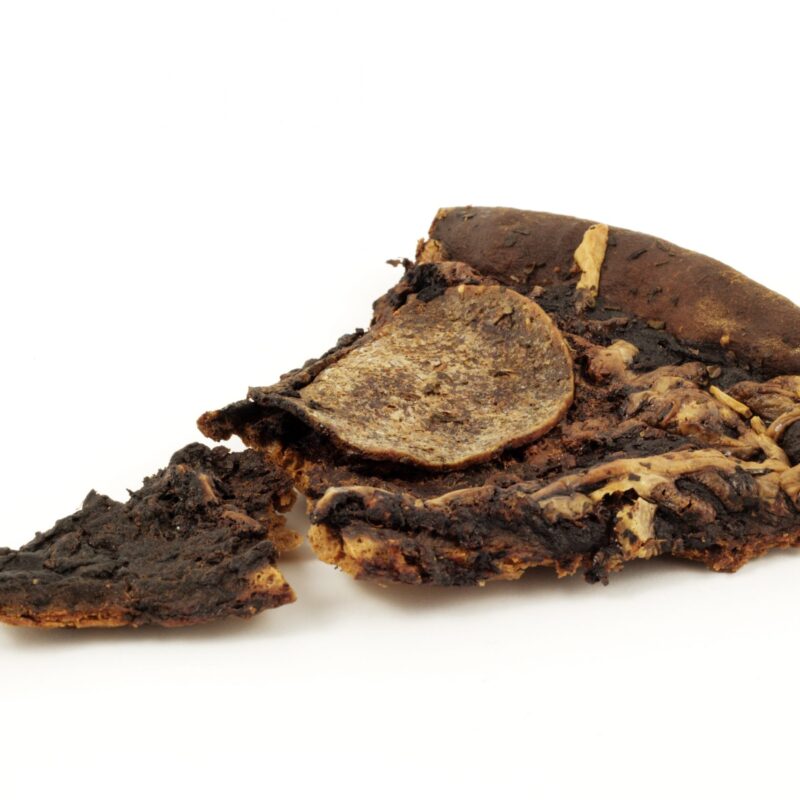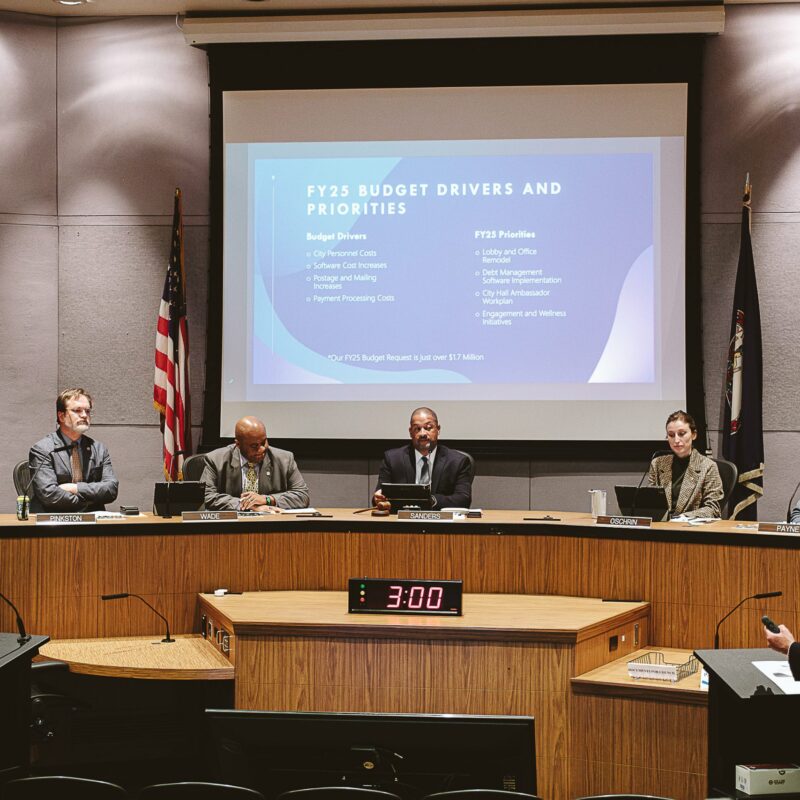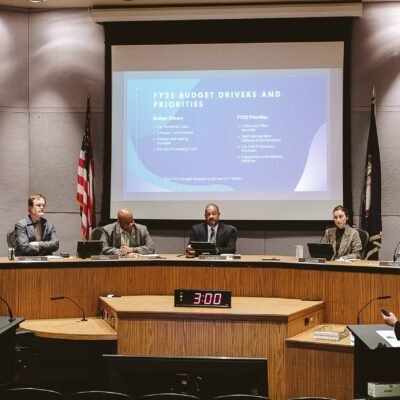Parents who provided alcohol for their teen’s 16th birthday acknowledge they bought the beer, but argue their home was illegally searched the night they were charged for contributing to the delinquency of minors. Initially sentenced to eight years in prison, George and Elisa Robinson, now divorced, appealed to the Virginia Supreme Court, which heard the case Thursday, November 2.
In 2002, the Robinsons threw a party at their Albemarle County home. When Albemarle Police Officer Scott Cox was called to the scene because of complaints, he drove up the Robinsons’ driveway and saw teens holding beer bottles. Some of the teens bolted, and he followed them around to the Robinsons’ back yard. The Robinsons were charged with nine counts of contributing to the delinquency of minors.
The harsh eight-year sentence (later reduced to 27 months) came after some parents testified that Elisa Robinson had misled them about whether alcohol would be available and advised some teens to gargle with vinegar to mask that they had been drinking.
Defense attorneys for the Robinsons are arguing that Cox invaded the Robinsons’ privacy with an illegal search and seizure, violating the couple’s Fourth Amendment rights. At issue is whether someone’s driveway and garage are constitutionally protected areas.
The Robinsons’ sentences were upheld in the Virginia Court of Appeals; the Supreme Court is expected to issue its ruling in January.
The Virginia General Assembly this summer closed a loophole that technically allowed parents to serve alcohol to other people’s children in their homes. Now, new “social host liability laws” say only minors’ legal guardians can serve them alcohol at home. The Robinson case was cited in many media sources as the worst example of parents contributing to teen delinquency.
Also this summer, the Albemarle County School Board aimed to crack down on underage drinking parties by revising their student conduct policies to allow disciplining for off-campus behavior. The School Board also modified its drug and alcohol policies for student athletes and considered making nonathletes sign similar pledges. The School Board has asked State legislators to allow schools access to more information about underage drinking arrests.





